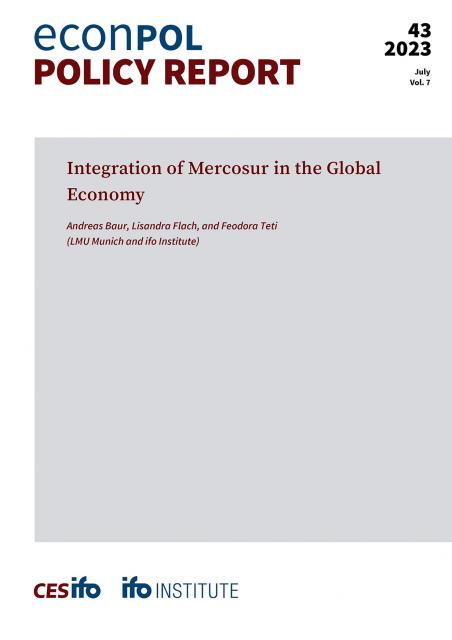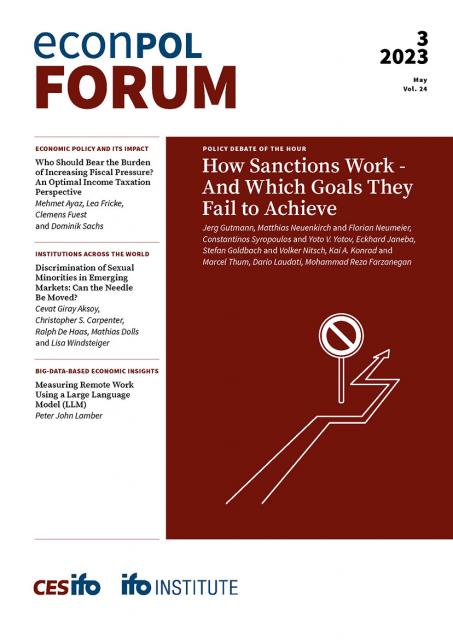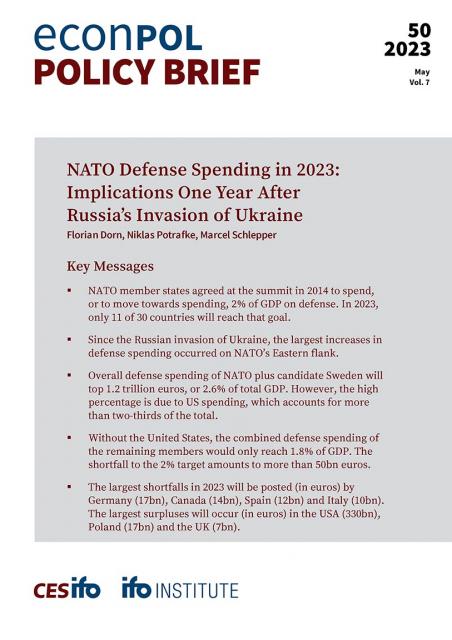
Globalization
While not exactly new—globalization already existed under the British Empire, for instance—the current wave has been the widest-ranging and the most transformative. It has lifted billions from poverty around the world, but also left many millions behind. This has fueled a domestic backlash in many countries against globalization, and geopolitical shifts—China’s rise, Russia’s belligerence and US protectionism—have dealt further blows. Now the talk is of slowbalization, friendshoring and the like. But disentangling the extensive, fiendishly complex global supply chain networks is not easy, and maybe even not entirely possible. Globalization offers clear-eyed views and analyses from widely different perspectives to help policymakers detect both opportunities and pitfalls associated with the current state of the quickly shifting global value chains.




